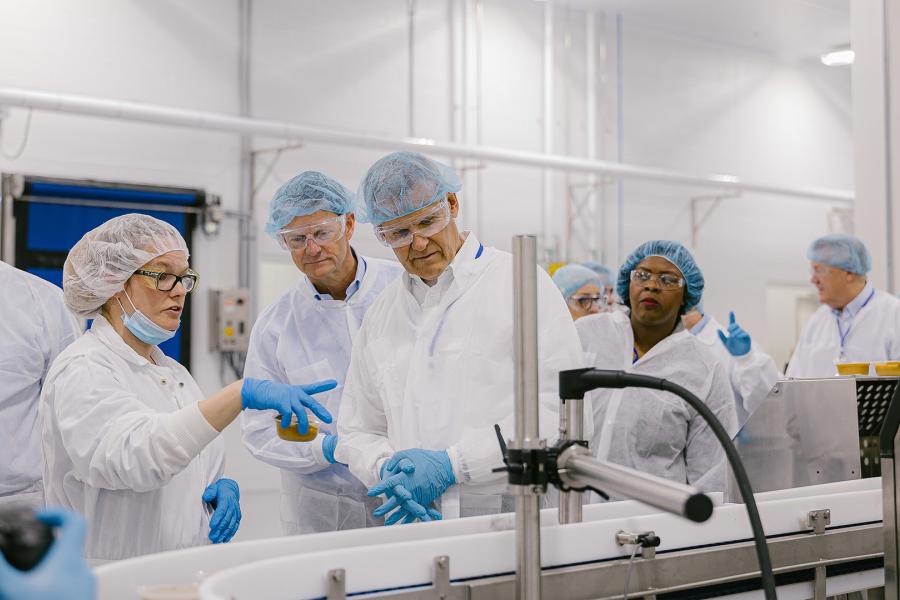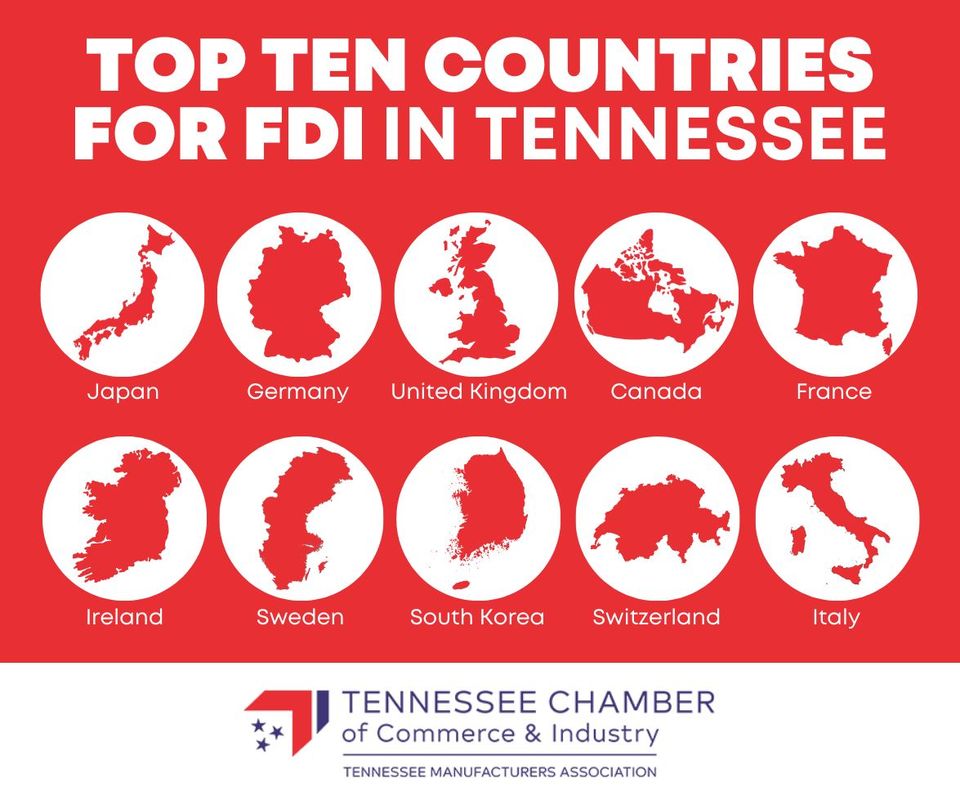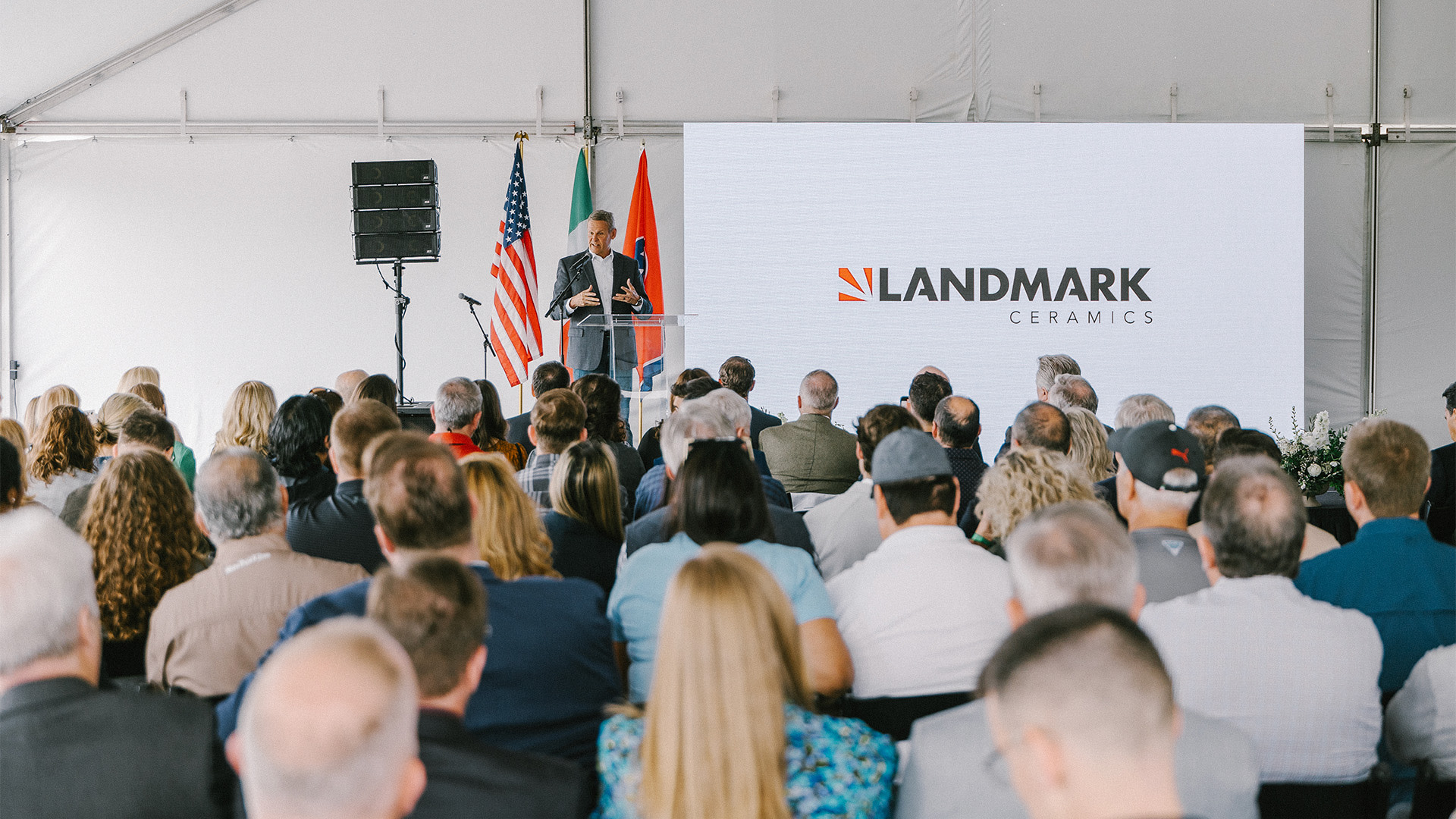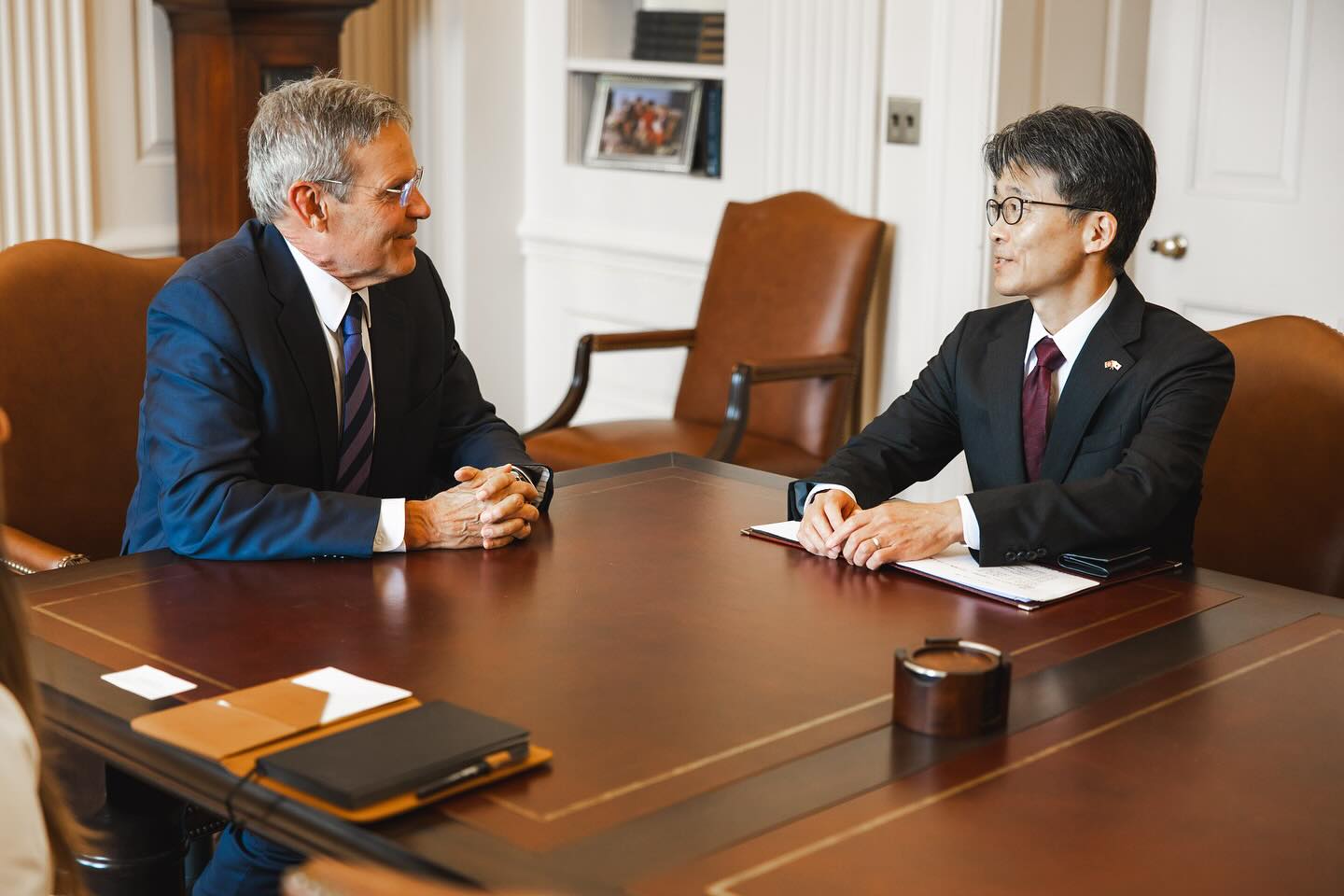Global investment helps Tennessee cities grow local economies

By KATE COIL
TT&C Assistant Editor
As the pandemic highlighted the importance of global supply chains and investments, foreign direct investment (FDI) continues to help make Tennessee’s economy stronger than ever.
The top countries for capital investment in Tennessee are, respectively, Japan, Germany, South Korea, Canada, the U.K., and Italy. Japan’s investment marks the longest foreign-direct investment history in Tennessee, recently celebrating Nissan’s 40th anniversary of moving into the state.
Lyndi Berrones, assistant commissioner of strategic initiatives for TNECD, said FDI is vital to both the state and local economies.
“Tennessee is not new to international companies,” Berrones said. “Some of our largest employers in our rural counties are international companies. Tennessee is usually leading the pack in terms of states where international companies are creating the most jobs. A third of all the jobs created and a third of all companies that located to Tennessee in the past year were foreign-direct investments.”
SPREADING THE WORD

To help with the recruitment of international companies, the Tennessee Department of Economic and Community Development (TNECD) maintains five international overseas offices in Japan, South Korea, Germany, the U.K., and Italy. These five offices have outreach in 12 different countries.
Karel Abboud, global director of FDI and Trade for TNECD, said the Tennesseans who work in these countries help put the state’s best foot forward.
“Their job is to get the word out about Tennessee, and they do a really good job,” Abboud said. “They are in the country day after day, meeting with people. It really is a huge benefit. You will notice the longer a state has these international offices, the more successful they’ve been in attracting FDI.”
Foreign countries are also setting up their own offices in Tennessee.
“It’s a testament to Tennessee that we are not historically a state that houses foreign consulates, but the Japanese located their consultant to be in Tennessee,” Abboud said. “They had the first consulate in Nashville. We now have consulates for El Salvador and Guatemala.”
Because of this outreach, the state is seeing investment from new quarters. Australia is one of the newest countries with companies taking interest in Tennessee with EV charger manufacturer Trivium being one of the newest recruits.
However, South Korea has become one of the fastest growing investors in Tennessee, recently moving up to be the country with the third most FDI. Berrones said Tennessee is one of a few states to see such investment from the country.
"I would say it has really taken off, especially in the EV space. South Korea puts a lot of investment in developing parts and systems for raw materials for EVs. Japan has always been a little bit more conservative in their investment. They tend to take their time and explore a market, especially when it comes to the EV market."

Word-of-mouth back home is another important recruitment tactic.
“Within Tennessee we kind of see clusters develop,” Berrones said. “Over a decade ago, Hankook Tire from Korea announced their first U.S. manufacturing plant in Clarksville. Since then, Clarksville has had the highest concentration of South Korean companies locate in that area. These companies have a familiarity and there is a lot of competition between these companies. However, when they are in their home country, they talk about where they are finding success. If one company is having success in Tennessee or in a particular area of Tennessee, other companies will listen.”
Some FDI is because of the industries that are themselves seeing success in Tennessee. The success of the state’s automotive industry has prompted investment from Japan and Germany with many South Korean companies also involved in the state’s expansion into the EV market. The prevalence of Ball clay in the state has also made it an ideal destination for the ceramics industry, bringing in companies from Italy. The state’s chemical industry is another draw for foreign investment.
Sometimes, it is the state itself that draws certain companies. Berrones and Abboud said that many Canadian, German, and Korean investors talk about how the state’s mountains and rolling hills remind them of landscapes back home, making them feel more at ease.
SUPPLY AND DEMAND
Of course, one of the biggest reasons for FDI came out of the pandemic.

“COVID taught us a lot about supply chains,” Berrones said. If you don’t have product in the U.S. or aren’t making things in U.S., you aren't successful. If you are not a U.S. company or you do not have a base in the U.S., you cannot physically get your product to consumers. Companies need to be here to be successful. COVID definitely pushed a lot of issues to the forefront. The period right after COVID was one of Tennessee’s biggest years in foreign and capital investment, especially in the OEM market. The OEM corridor is really in the Southeastern U.S. now. It became a race to get there after the pandemic.”
Abboud said Tennessee is able to meet many of the needs companies have when it comes to getting set up for the U.S. market quickly.
“We have a pro-business climate,” she said. “Businesses know if they come here, they will have low taxes and no state income tax for their workers. A healthy business climate, and a quality-of-life factor helps attract an available workforce. Time and time again when we talk to companies, the No. 1 thing they talk about is being able to find and keep a workforce.”
